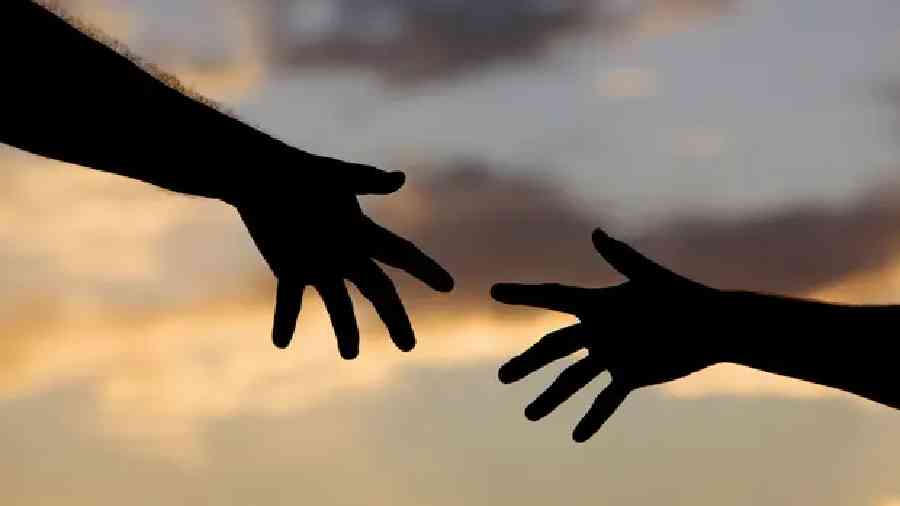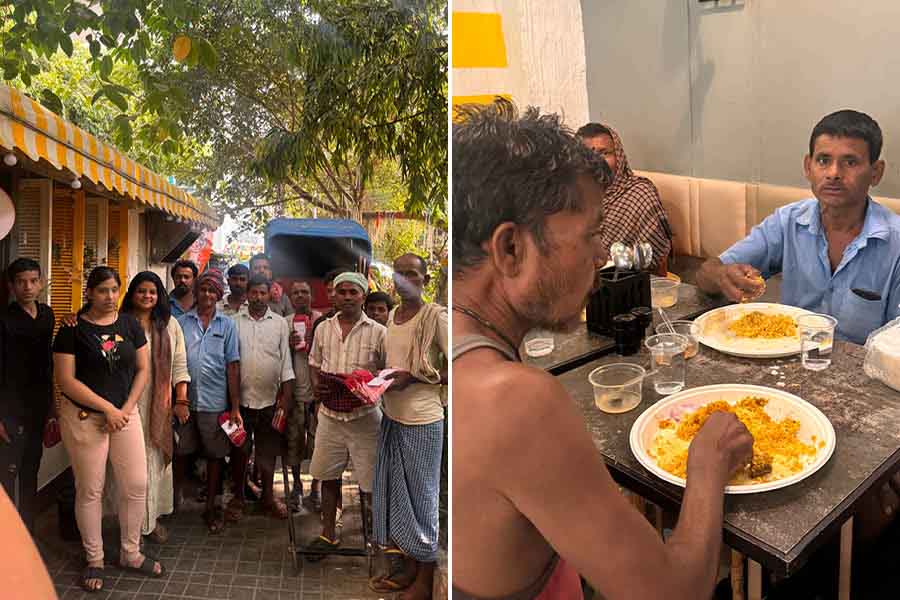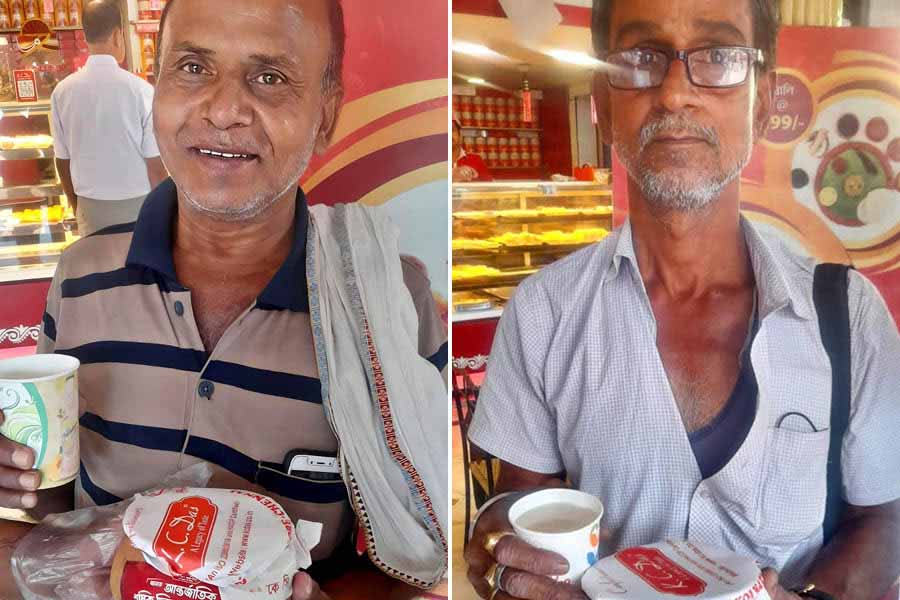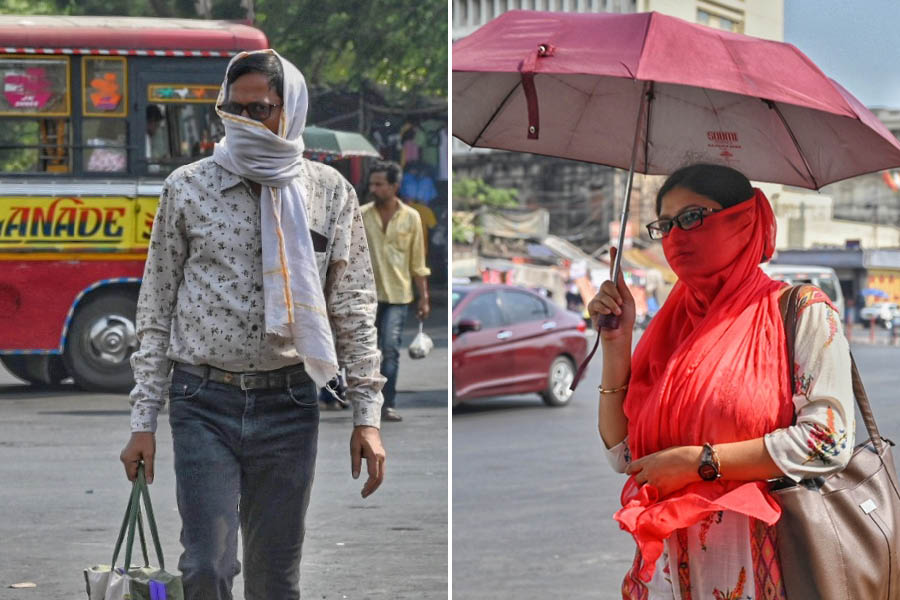A city NGO has formed a boys’ club to give them a space to open up and share their problems and vulnerabilities.
Boys from the age of 10 to 20 meet once a week after school or college to share their doubts, problems of adolescence and are simultaneously sensitised about gender equality. The boys live in slums and most of them are first generation learners.
They practically have no one at home with whom they can discuss their problems or clarify their doubts about, either their physical or mental health, said a male social worker who has regular sessions with them. Their fathers go off to work early in the morning and by the time they return many of them are either drunk or too tired to talk, the social worker said.
“The idea is to give them a safe space to speak out and we can guide them and give extra care that would help change their attitude and value system that they see around them,” said Souvik Sarkar, social worker at Calcutta Rescue, the NGO that has started the sessions.
There have been instances of boys talking about their experiences that have either disturbed or overpowered them so much that they needed help.
A Class X boy spoke about his addiction to pornography and how he wants to come out of it but is unable to do so. A Class VIII student shared his experience of being asked to work at a shop that would bring some money for the family.
“The boys also have their own share of vulnerabilities. The family expects them to work from a young age, especially those who are not performing in academics,” said Ananya Chatterjee, school administrator at Calcutta Rescue.
Some of them do go to work and come across people who exploit them.
“When things are not under the control of the children, we do home visits,” said Chatterjee.
The boys are taught about child marriage and human trafficking — a threat that is not restricted to girls alone.
The environment they have at home is different from what they have in school. The support is needed to help them come to terms with the difference and remain focused, Chatterjee said.
While they gain confidence by sharing their problems, the NGO is also sensitising them about gender equality and how and why it is important to respect all women.
“To give girls a safe space, we have to train our boys, too. The younger they are the better. They would then understand the respect that is due to every individual — women and men,” said Sarkar.






